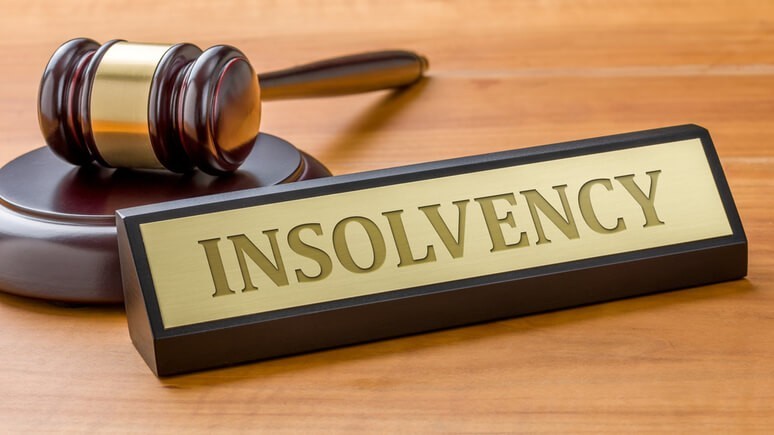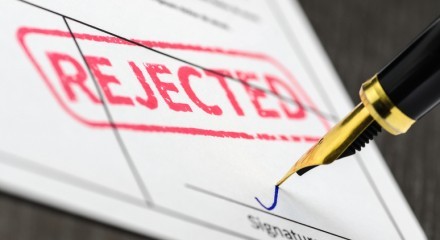Understanding director liquidation liabilities
Posted on: Thursday 21st January, 2021

Insolvency law in the UK requires company directors to fulfil certain duties and obligations. If these are not met, they can become the source of allegations and potential sanctions when a company enters liquidation.
To help you understand your possible liabilities as a director facing company liquidation, here are just some potential areas of concern.
Failing to cease trade
You must cease trading as soon as your company enters insolvency, or when you believe that insolvency is inevitable. Failing to do so could worsen the position of creditors, and also leaves you open to accusations of wrongful trading.
If you don’t protect the interests of creditors by ceasing trade you could become personally liable for any additional losses, or in some circumstances, for all the debts of the company. Disqualification as a director is also a potential outcome, and this can last for up to 15 years.
Overdrawn Director’s Loan Account (DLA)
If your Director’s Loan Account is overdrawn, at the point of insolvency and liquidation, the money you’ve borrowed will need to be repaid to the company. The appointed liquidator has a duty to recover this money in repayment of company debts, and you could face significant financial issues if you can’t afford to pay it back.
A significantly overdrawn DLA at this stage can lead to personal bankruptcy and the loss of your home, as the liquidator will pursue you through the courts if you’re unwilling or unable to pay the overdrawn sum.

Using credit when insolvent
Your duties to the company change when it becomes insolvent. They turn towards company creditors, and protecting their interests. The liquidator investigates the conduct of all directors to establish whether any blame can be applied for the company’s financial decline, so using credit in this way exposes you to director sanctions and penalties.
Essentially, purchasing on credit when your business is insolvent breaches your duties as a director, because you know that you can’t repay the money. You risk increasing your liquidation liabilities to include the sums taken on credit, and this portrays a negligent or irresponsible approach to your company’s situation.
Can you claim director redundancy?
It’s a little known fact that directors can claim redundancy pay when their company is liquidated. Entering Creditors’ Voluntary Liquidation (CVL) is the best option when there’s no hope of recovery, and offers various advantages over being forcibly wound up by a creditor.
As you’re entering liquidation voluntarily, you’re prioritising your creditors, which can reduce your director liquidation liabilities. You may be wondering how you would pay for this official procedure, but you may be able to claim director redundancy. The average claim currently stands at £9,000, which might pay for the procedure and possibly some of your business debts.
For more information on potential liabilities as a director whose company is in liquidation, and to find out if you’re eligible to claim director redundancy, please contact one of our expert team. CFS Redundancy Payments has extensive experience of helping company directors, and can provide the reliable guidance you need.






